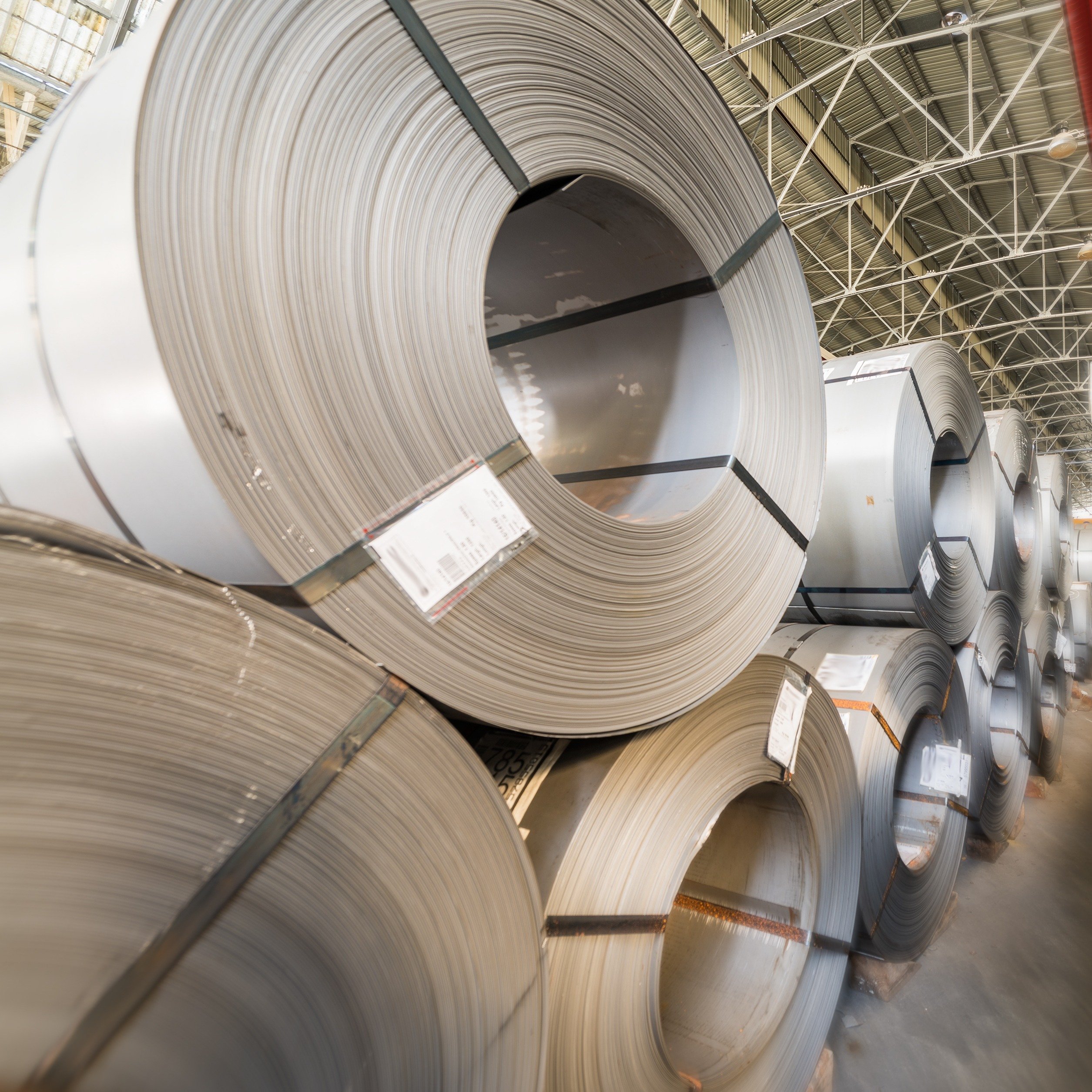The German government will roll out an expanded road toll network, tripling its coverage of federal roads. Despite the potential to increase the costs of delivery and, in turn, delivered steel prices, CRU concludes that any cost increases incurred by additional tolls are unlikely to be significant, with the cost of the toll per tonne of steel being relatively minor.
German federal road toll network to triple its extent
German land freight costs are set to increase from 1 July 2018, when the German government rolls out the expansion of its road toll network. Tolls are currently being levied on 12,850 km of major motorways and 2,350 km of other federal roads, for a total of approximately 15,200 km. This initiative will subject a further 40,000 km of trunk roads to the tolls – more than tripling this number. The government hopes to raise more than two billion euros through these tolls, and freight companies have warned that the costs of the shipping industry will rise by this amount. Whether the cost of these tolls can be passed on to the customer successfully is yet to be seen, but market sources indicate that a passthrough of the cost from shipping company to service centre to end consumer is intended.
The tolls will be applied to trucks exceeding a weight of 7.5 tonnes, and the amount due per kilometre varies by number of axles and engine type. Vehicles using newer engines with the more environmentally friendly “Euro 6” designation see cheaper tolls than older models, which become progressively more expensive the older they are.
This analysis will consider both vehicles with the “Euro 6” and “Euro 5” types engines, the two newest and most environmentally friendly designations. The Euro 6 type became the standard from September 2014 onward after it replaced the Euro 5 type engine, itself introduced in September 2009. Note that vehicles with Euro 5 type engines could still be sold until September 2016, so newer vehicles may still fall into this category.
The total toll due for 1 km of travel is 0.135€ for Euro 6 engines, and 0.156€ for Euro 5 engines. The tables below show example costs per tonne of steel, broken down by load and distance for both engine types.
Toll cost of steel transport for one truck, per tonne
Conclusions
While we do expect this expansion of road tolls to have an impact on the delivered price of steel, the total effect will be limited for the following reasons:
The toll cost per tonne of steel is not insignificant, with a guideline value of ~€2-5 per tonne of steel. However, shipping a tonne of steel will only become substantially more expensive if the volumes being transported are small.
The actual cost increase versus the situation today would only be realised in its entirety if the route the freight had been taking was previously completely toll-free. If only a percentage of the route previously taken was on toll-free roads, then the cost increase would be realised in an equal proportion. Similarly, if the route taken was already fully tolled, then prices will be unaffected.
Trucking companies may not be able to pass through any cost increase fully or in part. However, as the German steel shipping industry is currently suffering from a shortage of drivers stemming from low unemployment, low profit margins on steel and regulatory requirements such as licences and rest breaks, the opportunity may exist to push forward this cost increase.

















